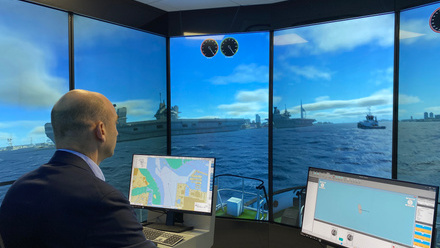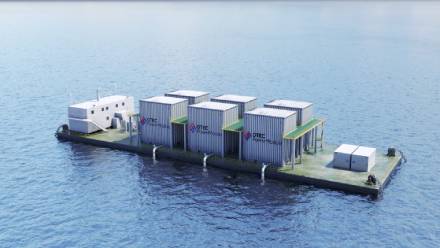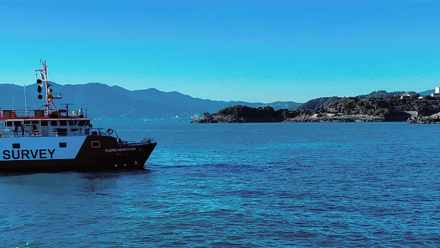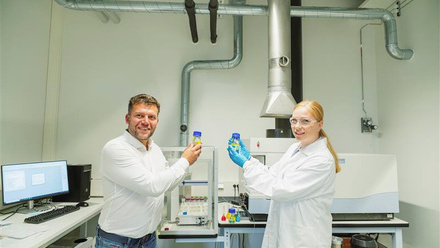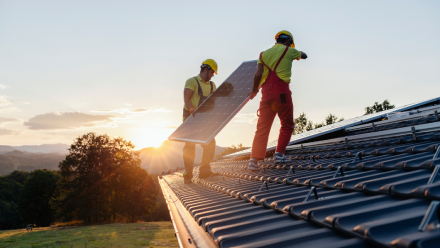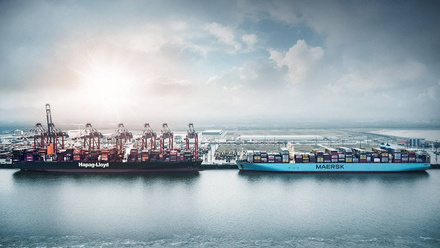Decarbonisation dominates at LISW
The London International Shipping Week returned with renewed focus on decarbonisation, automation – and maintaining a profitable industry.
Celebrating its tenth year, London International Shipping Week (LISW) was back last week, in person and bigger than ever. Almost 30,000 maritime leaders and stakeholders from around the world convened at more than 300 events at major landmarks around London, from the London Stock Exchange to the Shard, the Gherkin to Fishmonger’s Hall – not to mention the River Thames itself.
Unsurprisingly, the big themes of the event were the same as in many C-Suite discussions: decarbonisation, automation and skills shortages, regulatory compliance, and, of course, the commercial imperative to balance all of these demands and uncertainties and still make money. Getting this right is vital – maritime touches every part of our lives, from the fuel in our cars to the devices we use to work and play. As the saying goes, ‘without maritime, half the world would freeze, and half the world would starve.’
Maritime UK, the trade body for the UK’s maritime industries, used the flagship event to call for £2 billion of private and public sector investment per year to decarbonise the sector by 2050, by developing green fuels, port infrastructure and new types of technology. LISW was a showcase for some of these technologies, including a demonstration of Artemis Technologies’ new zero-emission 100% electric ‘flying’ hydrofoil workboat, which was on its inaugural journey outside Northern Ireland. The Pioneer of Belfast is one of two Artemis vessels heading to the Orkney islands to help decarbonise inter-island transport.
Beyond electrification and innovative naval engineering, there was also much discussion about new fuels, the hydrogen economy, automation and AI as tools to reduce carbon emissions. From the keynote speakers to the buzz at networking events, it was clear that this is a decisive decade for the industry. Actions taken now will be instrumental in whether the International Maritime Organisation’s (IMO) accelerated decarbonisation targets are met, making it an exciting industry for young people who want to make an impact. The sector is expected to double in size to US$3 trillion by 2030 whilst simultaneously slashing its reliance on fossil fuels. Achieving this will require a new generation of innovators and problem solvers, with fresh ideas, solutions and perspectives.
It is not just about attracting new talent, however – the industry also needs to retain and nurture those skilled professionals who are already here. That is going to require a rethink on diversity, representation and inclusion, to make all seafarers and shore-based colleagues feel valued, safe and welcome.
Women, for example, remain hugely under-represented in the industry, but work is underway to revisit their historic contribution and highlight new opportunities to build a successful career in maritime. This year’s LISW included the SHE_SEES exhibition at the IMO HQ, marking the first year of the ‘Rewriting Women into Maritime’ initiative, spearheaded by the Lloyd’s Register Foundation, which took a deep dive into archive material to uncover previously unknown voices from the UK and Ireland’s maritime history. As well as highlighting past trailblazers in the industry, the exhibition also featured portraits of inspiring women working in the maritime industry today.
Along with widening access to the industry, LISW also focused on seafarer health, safety and welfare. The ‘S’ in ESG – Maritime Welfare Charities’ Conference looked at how maritime charities, such as The Mission to Seafarers and Safer Waves, can work with industry to improve working conditions and provide welfare support to their hardworking crews.
Members of IMarEST’s Special Interest Groups, from Maritime Cyber Risk Management and Maritime Autonomous Surface Ships to Ship Energy & Environment and Seafarer Mental Health & Wellbeing, would all have found something to report back on from the LISW events, which will no doubt prompt further discussion, investigation and debate in the months ahead.
Picture credit: The Pioneer of Belfast is heading to Orkney to decarbonise inter-island transport

